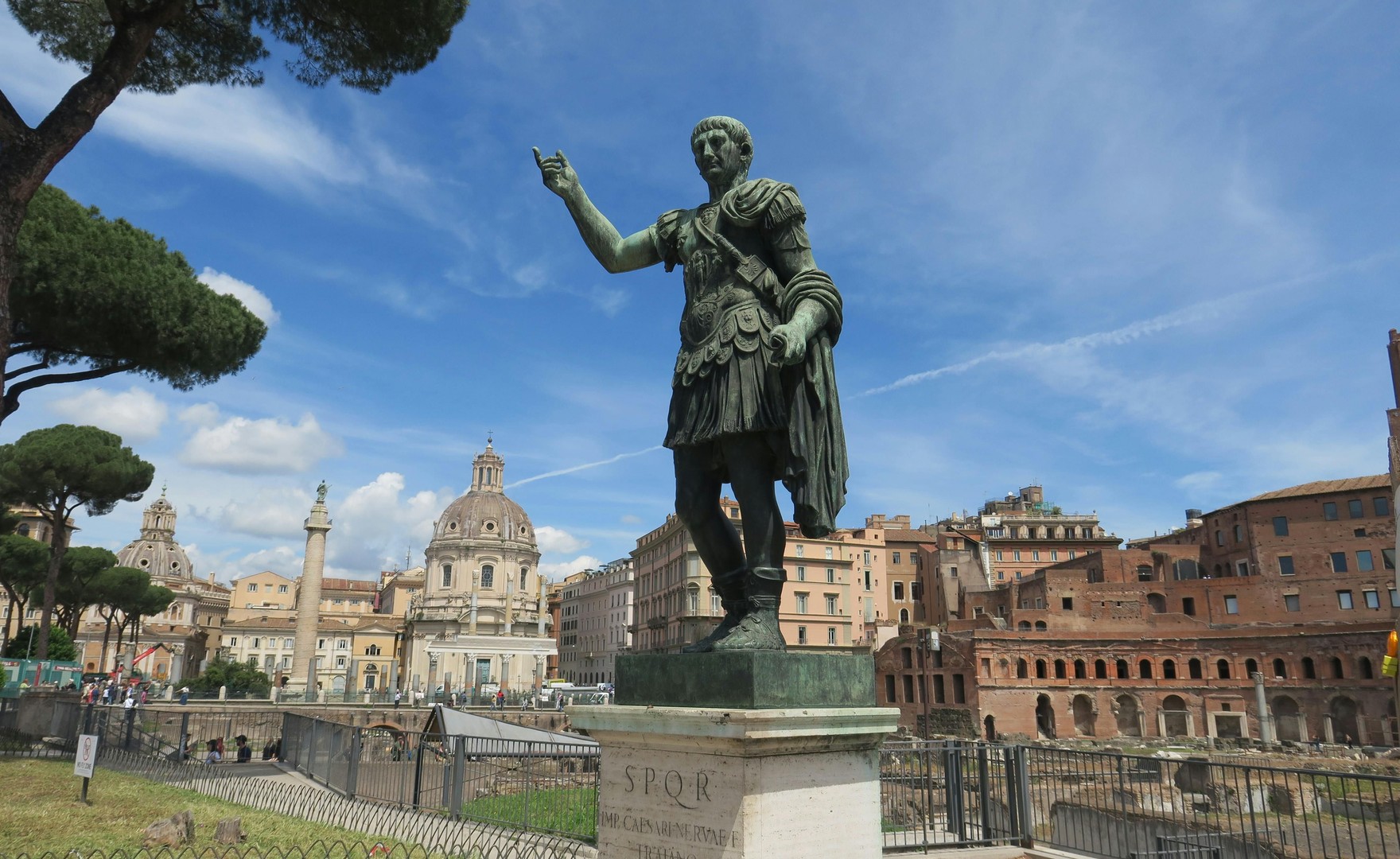We remember Julius Caesar as one of the most effective leaders in history - a man of audacious vision, brilliant strategy, and relentless drive. Yet beneath his triumphs lies a quieter lesson: even the most outstanding leaders can fail when no one is there to coach them.
A leader who listened - but selectively
Caesar had no shortage of advice. He actively sought specialists - engineers, logisticians, financiers, lawyers, and linguists - to ensure the organisations he led - be it an army or a civil service department - operated effectively. But advice is not coaching. Caesar received plenty of the former, and none of the latter - and the difference between the two may well have cost him his life.
Caesar would have been a difficult client to coach. Self-reliant and autonomous, and more successful than his peers from an early age, he did not easily invite feedback. It would have required a coach not awed by Caesar’s intellect or cowed by his status, and who could keep up with his quick mind.
The achievement trap
Caesar’s need to excel, to deliver results worthy of Rome’s admiration, was an imprint from his upbringing. He lived not merely for personal ambition but to fulfil the expectations of his family and his Republic. This relentless pursuit of achievement powered his success yet limited his self-awareness. Like many high-performing executives today, Caesar could not easily distinguish between what he wanted and what others expected him to want. A coach could have played a crucial role in helping him develop self-awareness, separating internal drive from external validation - helping him see that excellence untempered by reflection often becomes compulsion.
The missing mirror
Just before crossing the Rubicon into the final showdown of the civil war, Caesar lost, through death, several key supporters: two senior political allies, as well as his mother and daughter. They were not awed by his success and were quite willing to offer constructive feedback proactively. Consequently, towards the end of his career, Caesar was both mighty and quite alone. He missed independent feedback and, lacking emotional intelligence, he failed to recognise how the advice he received was biased. Crossing the Rubicon was more in the interest of his followers than in his own interest.
Overused and underused strengths
Once he had reached the top, as Rome's sole ruler, he continued to behave in the way that had made him successful before: making rapid, innovative, and results-oriented decisions with a relentless drive to achieve. No one around him was able to tell him, "What got you here, won't get you there". In Caesar's case, as leader of the state following a civil war, he should have placed less emphasis on action and more on conciliation and buy-in. Moreover, a coach could have helped Caesar adapt his leadership style to his new role, and particularly helped him to redefine excellence and achievement in this new role.
Because of this, his intent - to reform and renew the Republic - was reinterpreted as a grab for absolute power. A coach could have helped Caesar understand this perception, all the more so because Caesar could have corrected it. Caesar's stellar career was also a result of masterful communication, whether in verbal, written, or visual forms - a strength he tragically underutilised in the time leading up to the Ides of March. A coach could have helped him manage his public image and reputation, leveraging his communication skills to correct any misperceptions.
Lessons for coaches
Coaches today can learn from Caesar's absence of coaching. His story offers enduring lessons for those of us who guide influential leaders.
1. Recognise the loneliness of the leader.
The higher a leader climbs, the fewer people can - or dare to - speak candidly. Caesar had, on the one hand, a result of power creating distance from his followers, and on the other hand, bad luck in losing those willing and able to speak the truth. Coaches must create a safe space where truth can be shared without consequence. Their role is not to compete with advisers but to be the one voice free from an agenda, fostering an environment of trust and openness.
2. Understand the motives behind excellence.
When clients exhibit relentless drive, it can be tempting to applaud their ambition. However, as Caesar demonstrates, relentless achievement can conceal inherited expectations. Coaches should help leaders explore the origins of their ambition and discern whether their goals are truly self-authored or inherited scripts, and whether these goals still align with their current role, fostering a sense of self-awareness and introspection.
3. Help leaders leverage strengths.
Coaches are not consultants. Their value lies in asking the questions that no specialist can. A few well-placed questions - “How does this approach help you achieve your goals?"; "What could be an alternative?"; "What outcome are you really seeking?" - can shift the perspective and help the leader deploy their strengths in a way that proves productive rather than counterproductive.
For coaches, Julius Caesar's example is a reminder that leaders, no matter how brilliant, need someone who dares to ask the questions they are unable to ask themselves in the fog of leadership.
Many thanks to Paul for his guest blog.
Paul Vanderbroeck, PhD, is a Swiss-Dutch historian, leadership scholar, executive coach, and author of new book “Lead Like Julius Caesar”, with over 20 years of experience working with senior leaders and high-potential professionals across diverse sectors. With both hands-on leadership experience having served as an HR Executive for 15 years, and extensive research credentials, including a sociological study of leadership in Ancient Rome, Paul bridges the gap between business and academia with rare depth and authority.
He is also the author of two more business books: Leadership Strategies for Women (Springer, 2014) and The International Career Couple Handbook (Springtime Books, 2021).
